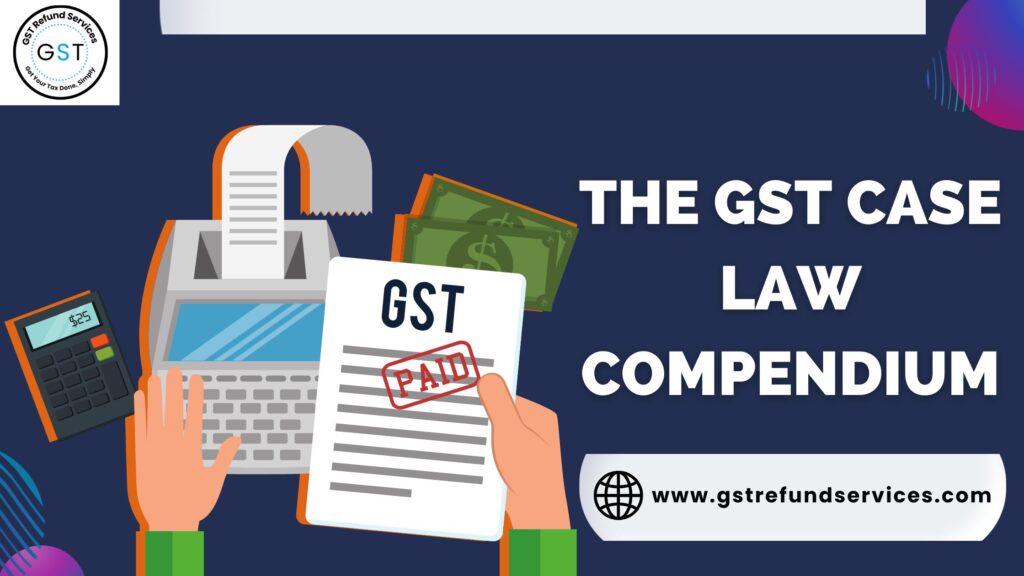
November GST Case Law Highlights
November 2024 Edition provides critical insights into landmark decisions by the High Courts and Supreme Court on various contentious issues under GST. Key highlights include are whether the First Appellate Authority can enhance tax demands without adhering to Section 107(11) procedures and if retrospective cancellation of GST registration without reason is valid. Courts deliberated on imposing penalties under Section 129 for discrepancies like incorrect E-way bill addresses in the absence of mens rea and confirmed that demands based on unmentioned SCN requirements are unsustainable.
A significant judgment invalidated orders passed against deceased persons and clarified the belated filing of writ petitions citing “vagueness” in SCNs without prior objections. Another issue addressed was whether a single SCN could cover multiple tax periods and if uploading notices under the “View Additional Notices & Orders” tab suffices as legal communication.
The compendium further explores the illegality of blocking the Electronic Credit Ledger to create a negative balance and the necessity of detailed orders under Sections 73 and 74 to supplement summary orders. Other notable decisions include the courts’ stance on condoning delays in appeals, initiating confiscation under Section 130 for excess stock, and affording taxpayers additional opportunities post-rectification proceedings. The legitimacy of penalty orders issued beyond statutory timelines and levying interest on availed but unused ITC were also addressed.
Additionally, the Delhi HC entertained a petition challenging Circular No. 212/6/2024-GST, which mandates proof of credit reversal for post-sales discounts. Further, courts ruled on ITC eligibility in the absence of genuine transaction proof and maintained that writ petitions against SCNs alleging suppression under Section 74 are permissible. These rulings shape a robust understanding of procedural, substantive, and interpretative aspects of GST law.


